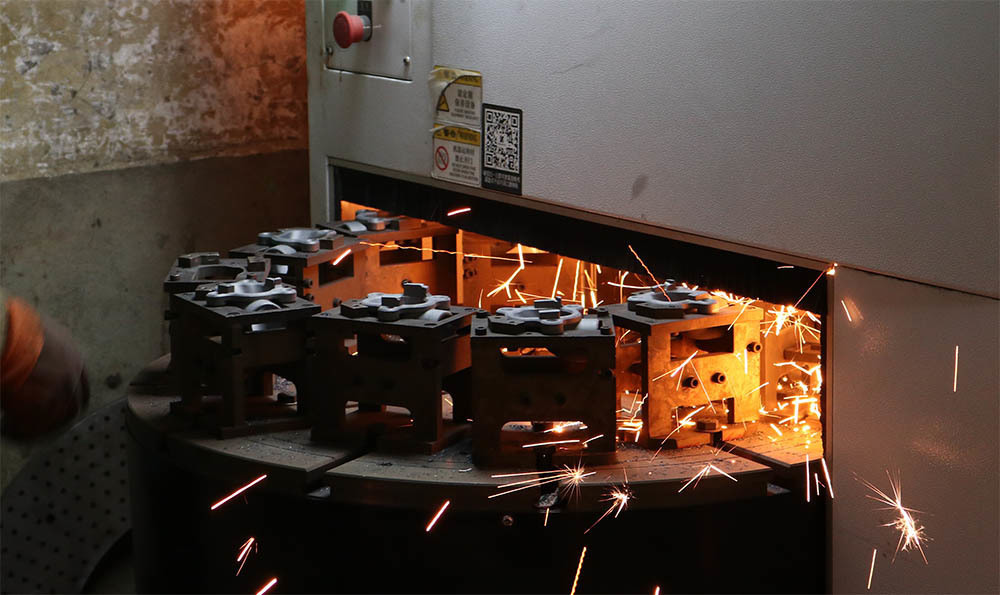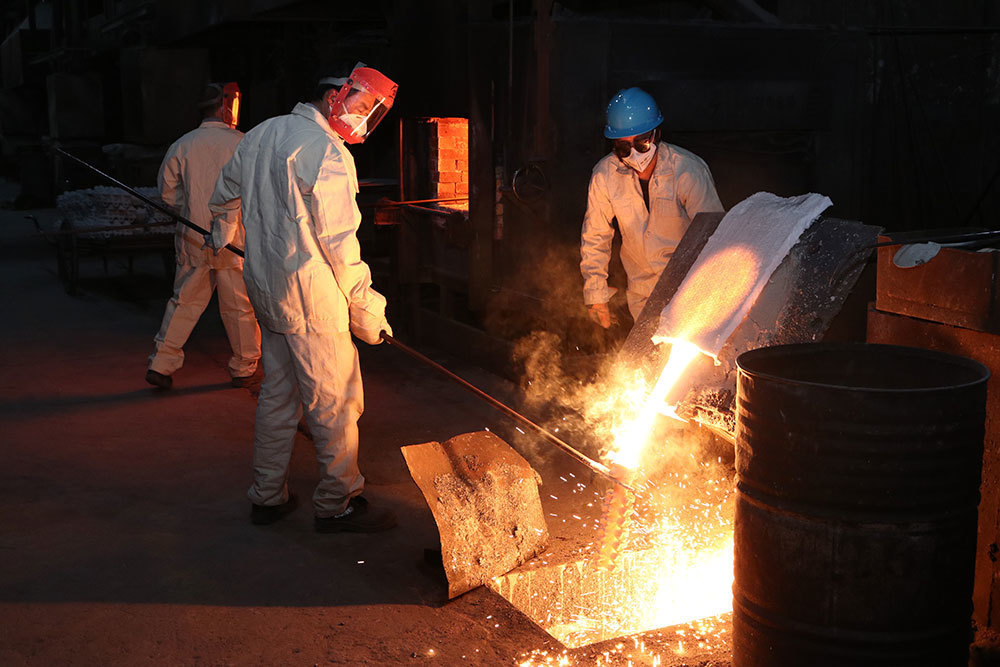2025-11-10
Demystifying the World of Metal Parts Casting: FAQs You Need to Know
Introduction
When it comes to manufacturing, the processes behind creating durable and reliable metal components can seem daunting. If you're diving into the world of metal parts casting, you're likely to have a slew of questions. Fear not! This article aims to shed light on the most common queries surrounding this fascinating field, all from the perspective of a seasoned metal parts casting manufacturer.
So, What Exactly is Metal Parts Casting?
At its core, metal parts casting is the process of pouring molten metal into a mold to create parts of various shapes and sizes. Sounds simple, right? Well, it's a bit more intricate than that! Different methods, materials, and technologies come into play, making it an essential part of manufacturing.
Common Methods of Metal Casting
If you're curious about the techniques, here are a few popular methods:
- Sand Casting: This is one of the oldest methods where sand is used to create molds.
- Die Casting: A process involving forcing molten metal into a mold under pressure, perfect for high-volume production.
- Investment Casting: Also known as lost-wax casting, this method is great for intricate designs.
Why Choose Casting Over Other Manufacturing Processes?
Choosing casting can be a game-changer for many industries. Here's why:
- Versatility: Casting can accommodate complex shapes that other methods may struggle with.
- Material Options: Various metals can be cast, including aluminum, iron, and bronze.
- Cost-Effective: Especially for large quantities, casting can be more affordable.
Frequently Asked Questions (FAQs)
Let's tackle some of the burning questions in the realm of metal parts casting:
1. What Industries Use Metal Casting?
Well, just about every industry you can think of! From automotive and aerospace to construction and medical devices, casting plays a crucial role.
2. How Do I Select a Reliable Manufacturer?
Choosing the right metal parts casting manufacturer can feel like finding a needle in a haystack. Look for experience, quality certifications, and customer testimonials. A good track record speaks volumes!
3. What Are the Key Quality Control Measures?
Quality control is paramount. Manufacturers often employ techniques like non-destructive testing, dimensional inspections, and material analysis to ensure that every piece meets stringent standards.
4. Can I Get Custom Parts Made?
Absolutely! Many manufacturers offer customization options. Just provide them with your specifications, and they'll work their magic!
The Future of Metal Casting
As technology progresses, so does the metal casting industry. Innovations like 3D printing and automated processes are paving the way for greater efficiency and creativity in design. It's an exciting time to be involved!
Conclusion
Metal parts casting is a vital process that underpins many sectors. Understanding the ins and outs can empower you to make informed decisions, whether you're sourcing parts or exploring manufacturing options. So, whether you're a seasoned pro or a curious newcomer, the world of casting awaits you!
2024-01-20
2024-01-20









